People
Faculty

Maria Y. Rodriguez
is an Assistant Professor at the Silberman School of Social Work, part of the City University of New York’s Hunter College. She is a faculty affiliate at the CUNY Institute for Demographic Research (CIDR), and graduate faculty at the CUNY Grad Center. Her research interests intersect demography, computational social science, housing policy and social welfare. Currently, she has two active areas of research: (1) understanding the impacts of algorithmic decision-making in human services (with particular attention to racially marginalized groups), and (2) using Twitter data to understand the lived experience of marginalized communities in the United States. She can be found on Twitter [@HousingTheCity](https://twitter.com/HousingTheCity).Speakers
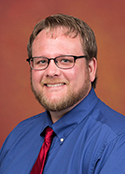
Josh Raines
Josh Raines is the Assistant Director of the Social Science Research Center at Ball State University. He has conducted practical and community-based research in local, state, national, and international settings for more than 20 years. Currently, he has designed a virtual reality (VR) simulation program that introduces/reinforces practice skills for social work students and human service trainees. Additionally, the simulation software collects research data by compiling various behavioral-level indicators from users. His current research examines the role of client race and implicit associations on users’ assessments of risk and protective factors during virtual home visit activities.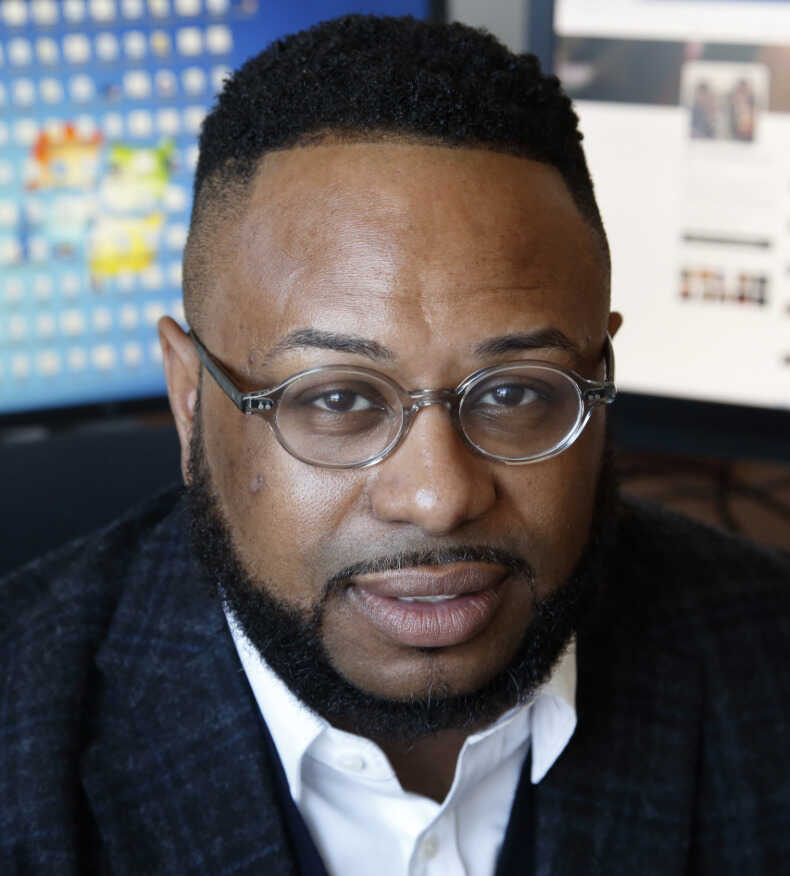
Desmond Patton
Desmond Upton Patton is a Public Interest Technologist who is a pioneer in the use of social media and artificial intelligence in the study of gun violence and coined the term Internet Banging. Dr. Patton is the founding Director of the SAFElab and Associate Professor of Social Work, Sociology and Data Science at Columbia University. He is the recipient of the 2018 Deborah K. Padgett Early Career Achievement Award from the Society for Social Work Research (SSWR) and 2017-2018 Fellow at Harvard’s Berkman Klein Center for Internet and Society. He is a Presidential Leadership Scholar and Technology and Human Rights Fellow at the Carr Center for Human Rights at Harvard Kennedy School. His worked is featured in the A&E show: Secret Life of a Gang Girl: The Untold Story. Dr. Patton studies the ways in which gang involved youth conceptualize threats on social media, and the extent to which social media shapes and facilitates youth and gang violence. In partnership with the Data Science Institute, he is developing an online tool for detecting aggression in social media posts. Dr. Patton’s research on “internet banging” has been featured in the New York Times,Chicago Tribune, USA Today, NPR, Boston Magazine, ABC News, and Vice. It was cited in an Amici Curae Brief submitted to the United States Supreme Court in Elonis v. United States, which examined the interpretation of threats on social media.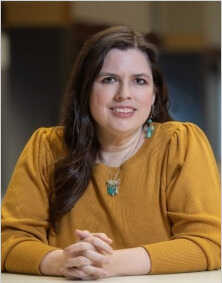
Melanie Sage
Melanie Sage, PhD, MSW, is an Assistant Professor at the University at Buffalo School of Social Work. She is a co-chair of the American Academy of Social Work and Social Welfare’s Grand Challenge: Harnessing Technology for Social Good. She chairs the international Human Services Information Technology Association (husita.org), a non-profit organization which oversees the publication Journal of Technology and Human Services. Her research is focused at the intersection of technology and child welfare, and she is especially interested in how technology can be leveraged to support positive outcomes for foster youth.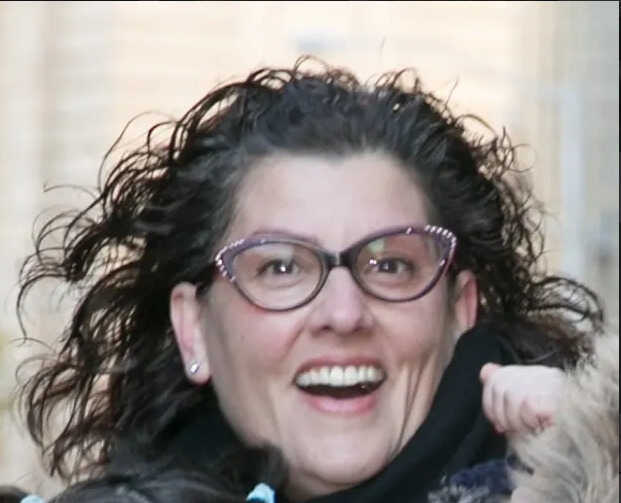
Lauri Goldkind
Lauri Goldkind, PhD, MSW, is an Associate Professor at Fordham University's graduate School of Social Service. Dr. Goldkind has a longstanding interest and practice background in nonprofit leadership, capacity building, and organizational development. At Fordham she teaches across the foundation and advanced years. Her practice experience has been centered in the youth development, education, and juvenile justice realms. Prior to joining the faculty, she served as the Director of New School Development and the Director of Evaluation at The Urban Assembly (UA), a network of new specialized public schools located in the Brooklyn, the Bronx and Manhattan. At UA she supported principals through the new school process, helping them earn start-up grants valued at over $500,000 per school; additionally, she provided technical assistance to principals and school-based staff on data-driven decision making, development and maintenance of data management structures and the effective use of data to improve student achievement. She has had the privilege of working with youth in NYC at organizations such as CASES, the Posse Foundation and the DOME Project.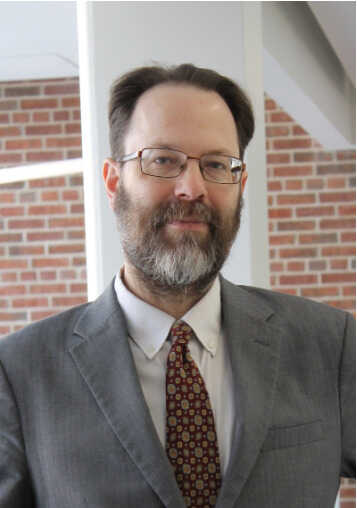
Richard Smith
Richard Smith has been using computational social science methods for over a decade to study sustainable community development, poverty, inequality, and migration. He is an experienced R user and also has advanced training in Geographic Information Systems with a little bit of exposure to Python. He has experience with the following methods: HLM, spatial regression, spatial filtering with eigenvectors, sequence analyses, Bayesian model averaging, quasi-experimental design with matching using machine learning, survival analysis, longitudinal data analysis, and count data models. He has published research on technology in human services, age friendly communities, ecocity mapping, neighborhood change and gentrification. He is currently part of a multidisciplinary, tri-campus, 4 year, $1.5 million National Science Foundation project that will investigate communication between water and health systems about water disruptions and how they engage the community to promote resilience.Teaching Assistants
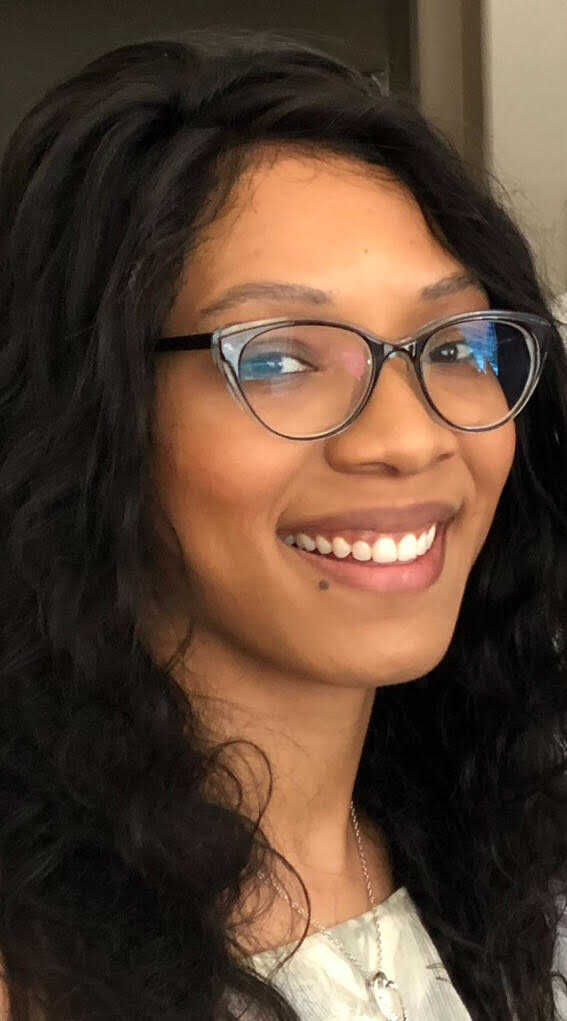
Gleneara Bates-Pappas
Gleneara E. Bates-Pappas, LMSW, is currently working on her PhD at CUNY Graduate Center. Her doctoral research explores the environmental risk factors for lung cancer mortality among racially ethnic minorities living in New York. Her current research projects aim to elucidate the bio-physiological aspects of tumor resistance in response to chemotherapy and the use of telemedicine to improve quality-of-life and cognitive function in post-treatment cancer survivors, in addition to exploring ways to use virtual and augmented reality to reduce anxiety during treatment of oncology patients. She is currently an American Cancer Society doctoral fellow and CUNY Graduate Center Provost pre-dissertation fellow.
Sebastian Hoyos-Torres
Sebastian Hoyos-Torres is a Criminal Justice PhD student at the CUNY Graduate Center/John Jay College. He earned his Bachelor of Arts in Criminology at Le Moyne College in Syracuse NY. In his studies, he is particularly interested in the spread of data analytics within the criminal justice system. This includes examining the use of risk assessment tools within the criminal justice system and racial bias. Additionally, Sebastian is interested in looking at social movements on Twitter and how they are portrayed differently across different groups across the web.Participants
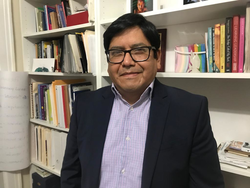
Angelo Cabrera
Angelo Cabrera is the Founder and a Board of Director of Masa-MexEd Inc. and Founding Board Member of the American Dream Charter School in the South Bronx. He has an extensive track record creating and promoting educational programs for the recent immigrant community in New York City, as well as returning migrants to Mexico. He is currently managing a research project at the Marxe School of Public and International Affairs-Baruch College.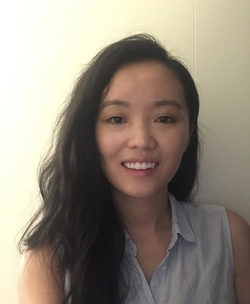
Anne Kou
Anne is a PhD student in the Department of Sociology at New York University. Her research interests include inequality, race/ethnicity, gender, and social policy. She is working on collaborative projects examining the relationship between childhood experiences and socioeconomic attainment, and early childhood education in New York City.
Carrie Hamilton
Carrie Hamilton is a program assistant for the Social Data Initiative at the Social Science Research Council. Prior to joining the SSRC, she worked as a research technician at the Center for the Study of Adolescent Risk and Resilience at Duke University. She graduated with highest honors from UNC Chapel Hill in 2017 with a BS in environmental science and geography. At UNC, she conducted independent research projects through the National Science Foundation and Ernest F. Hollings Scholarship Program and spent a year living and working in Ecuador through UNC’s Global Gap Year Fellowship.
Daejun Park
Daejun Park is a Ph.D. candidate in social work at University at Albany. His research interests include alcohol and other drug use, as well as health disparities. He has served as a research assistant at UAlbany.
Diane Yoong
Diane (they/them) is currently a graduate student in Critical Social/Personality and Environmental Psychology at the CUNY Graduate Center. Broadly, their work is on understanding the relationality between systems of oppression (e.g. racism, homo- or trans-phobia) and the individual. Outside of academia, they are busy with creating a digital webspace for queer Asians in North America (hopefully broader!), and exploring the binaries that seem to divide academic work production and creative work.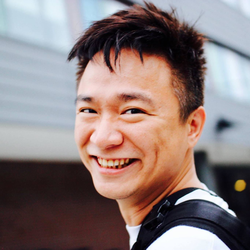
Feng-Yi Liu
Feng-Yi Liu received his BA and MA degree in Social Welfare at National Chung Cheng University in Taiwan. He also completed a second MA at Columbia University in Mathematical Statistics. Now he is a Ph.D. candidate in the school of social work at Rutgers University, and a graduated statistician recognized by the American Statistics Association. His broad research interests include immigrant family and child development, American immigration policy, and American child care policy. His dissertation thesis focuses on how family instability and child welfare interventions might influence child development among low-income immigrant children.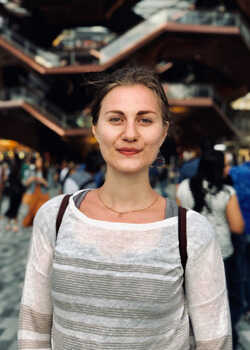
Friederike Windel
Friederike Windel is a PhD student in the Critical Social and Personality Psychology program at the CUNY Graduate Center. Her research focuses on how white Germans position themselves in relationship to Germans of color and people of color in Germany. She uses narrative research to explore positionality and currently examines how white German volunteers construct themselves in relationship to refugees.
Hannah Szlyk
Hannah is currently a NIMH T32 postdoctoral research scholar at The Brown School at Washington University in St. Louis. Hannah earned her doctoral degree in social work at the Steve Hicks School of Social Work at the University of Texas at Austin in May 2018. There, Hannah studied suicidality among minority and underserved youth. Her dissertation consisted of a mixed methods project that examined suicidal ideation, sexual and ethnic identity, external stressors, and academic progress among students attending a public alternative high school. Hannah is currently exploring the evidence base and implementation of technology-enhanced interventions for youth suicidality. She is specifically interested in understanding who uses text-based message hotlines to address suicidality and how these crisis interventions can be better adapted for hard-to-reach and minority youth populations. Hannah would also like to gain skills in computational science in order to analyze large-scale datasets and hotline conversations. Hannah enjoys practicing yoga, traveling, and spending time with her partner and their four cats.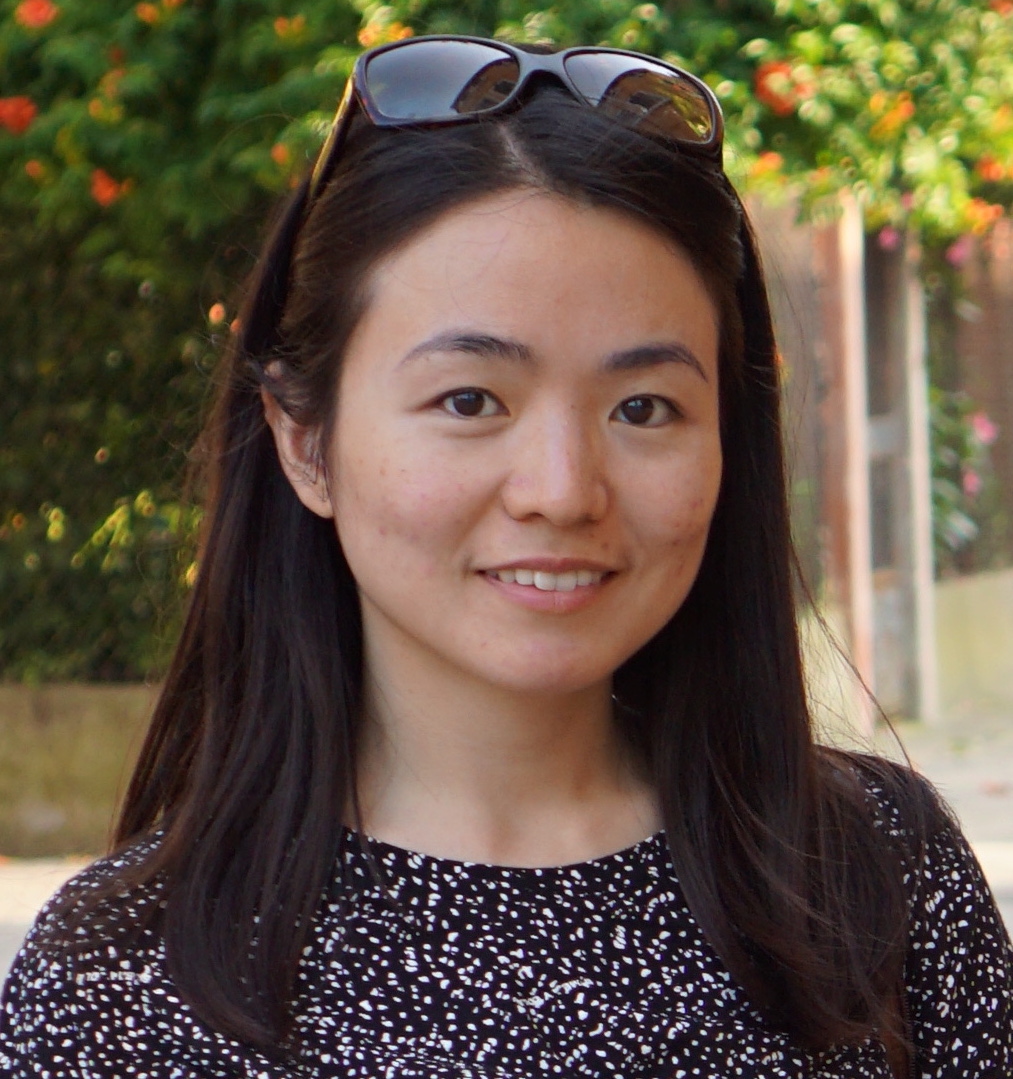
Jiyeon (Siyeona) Chang
Jiyeon (Siyeona) Chang is a student in Columbia’s PhD program in Sociology, where she studies the consequences of global economic inequality on cultural and artistic diversity. She is interested in how the dynamics of cultural production and consumption are shaped by inequality engendered by the structural transformation and globalization of economies, and what this tells us about how we construct cultural and artistic boundaries. She is also increasingly interested in how automation-induced changes in the labor market shape the meaning of work, and how we think about innovation and creativity. Prior to coming to Columbia, she worked as an economist and policy analyst on issues related to international trade and global value chains at the United Nations (FAO), Organization for Economic Cooperation and Development (OECD), and the World Bank.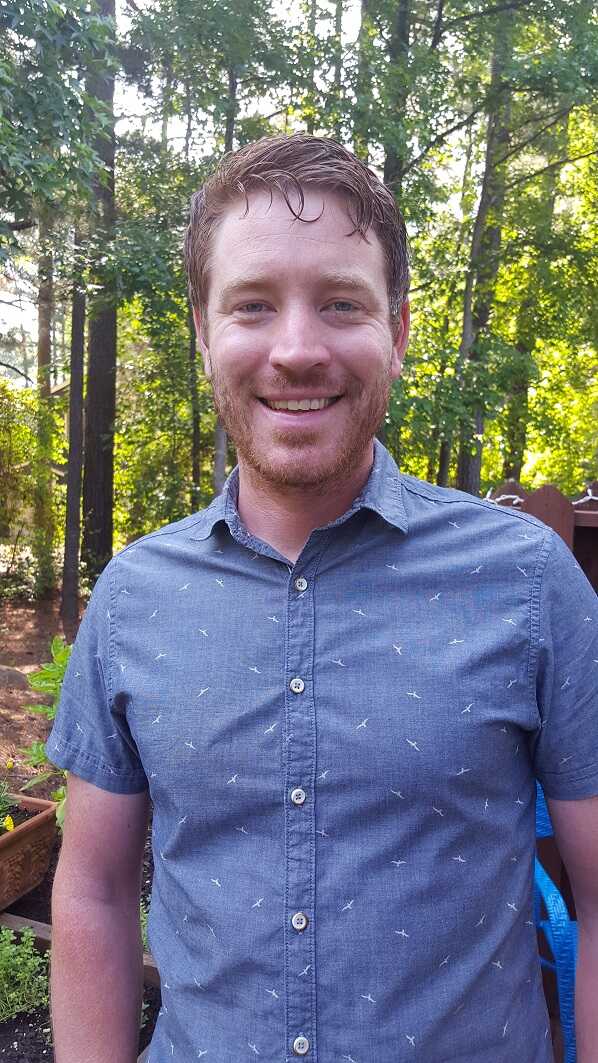
Jon Phillips
Jon Phillips is a PhD student in the School of Social Work at the University of North Carolina - Chapel Hill. He is involved in mental health services research using health care databases as well as intervention research aiming to improve services for incarcerated individuals with mental illness.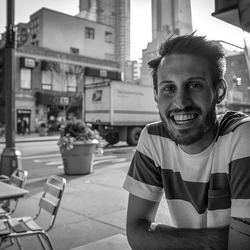
Kasey Zapatke
Kasey is a third-year doctoral student in Sociology at The Graduate Center (CUNY). He is broadly interested in urban inequality, and specifically focuses his research on housing inequality, residential segregation, affordable housing, neighborhood change, gentrification, and suburbanization. Kasey is working on developing a dissertation project that looks at how neighborhood patterns of inequality and residential segregation shape spatial patterns of neighborhood affordability for the middle class.
Maya Godbole
Maya is going on her 5th year in the Basic and Applied Social Psychology PhD program at CUNY Graduate Center. Maya’s research focuses around understanding, and intervening against, factors that contribute to disparities in the representation and achievement of women in competitive contexts (e.g., leadership). She is particularly interested in using social psychological research to inform policy and practice within organizations—for example, her dissertation research investigates how sex discrimination policy can impact women’s perceptions of organizational climate, motivation, and achievement. In her free time, Maya likes running around Prospect Park, doing/attempting the NYTimes Crossword, and reading.
Nga Than
Nga Than is a Ph.D student in the Sociology program at City University of New York – The Graduate Center. Her research interests are in entrepreneurship, work, immigration, and consumption. She is in the process of writing a dissertation proposal, focusing on how technological advancement changes work relations in contemporary work place. She was born and raised in Vietnam, then moved to the U.S. for higher education. She is fluent in Vietnamese, English, German, as well as conversant in Chinese.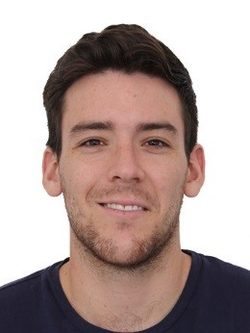
Pedro Rodriguez
Pedro Rodriguez Martinez is a Research Fellow at the Research Department of the Inter-American Development Bank (IDB). His areas of interest include the evaluation of social programs within the developing world and the economics of gender violence, education and crime. Prior to joining the IDB he worked in Miami and Ecuador as a consultant performing statistical data analysis. He holds a BA in Political Economy and an MSc in Economics.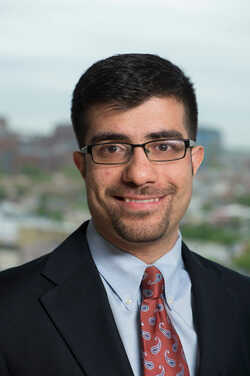
Salar Khaleghzadegan
Salar Khaleghzadegan is pursuing a Master of Public Policy with a concentration in Health Policy at the University of Maryland Baltimore County and is a Research Coordinator at the Johns Hopkins Medicine Armstrong Institute for Patient Safety and Quality. He is currently exploring research focused on understanding how to improve equitable access, quality, and outcomes of care with an emphasis on maintaining cost-effectiveness through high-value care. One of his current projects uses textual analysis to examine healthcare documents using NLP methods. Another project studies the linguistic and paralinguistic features of patient-provider communication to assess how these dynamic interactions drive outcomes (i.e. compliance with complex care regiments; patient experiences of respect, dignity, and satisfaction with care). This fall, he will be applying to doctoral programs in Health Policy and Management, where he hopes to focus on health services research while integrating emerging quantitative and computational methods such as machine learning, causal inference, and automated text analysis.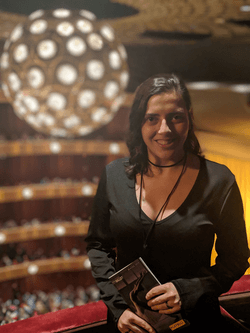
Sapir Soker Elimaliah
Sapir Soker Elimaliah, is a doctoral student in the developmental psychology program at the City University of New York, College of Staten Island. Prior to their Ph.D studies, Sapir owned a clinic for Applied Behavior Analysis therapy and worked with toddlers with autism. Sapir's research interests focus on motor development in autism and specifically restricted and repetitive behaviors. Sapir is also interested in the physiological markers of restricted and repetitive behaviors in autism.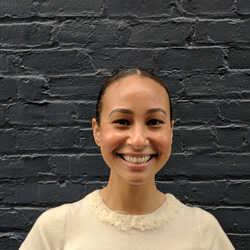
Sarah Riley
Sarah Riley is a PhD student in information science at Cornell University, where she is focusing on bias in automated decision-making systems. She is interested in computational methods and policy interventions for identifying and mitigating bias. Sarah has a bachelor’s degree from Amherst College and a master’s in public policy from the University of California, Berkeley.
Shashi Goel
Shashi Goel is specialized in Political Science and Women’s and Gender studies. She has done research in many areas in Political Sociology, International relations, Women’s studies and Human Rights, Migration. She is currently working as Honorary Fellow in the Center for Women and Gender studies at University of Wisconsin. Previously she has worked as visiting faculty at Qatar University.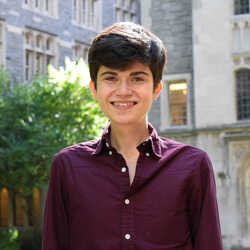
Tim Ittner
Tim Ittner is a Ph.D. student in the Department of Sociology at Columbia University. Before arriving at Columbia, he graduated from Brown University in May 2018 with an Sc.B. with Honors in Social Analysis & Research. Tim has a penchant for interdisciplinary work and using innovative data, methods, and designs in his research. His interests revolve around population geography, spatial demography, and inequality dynamics.